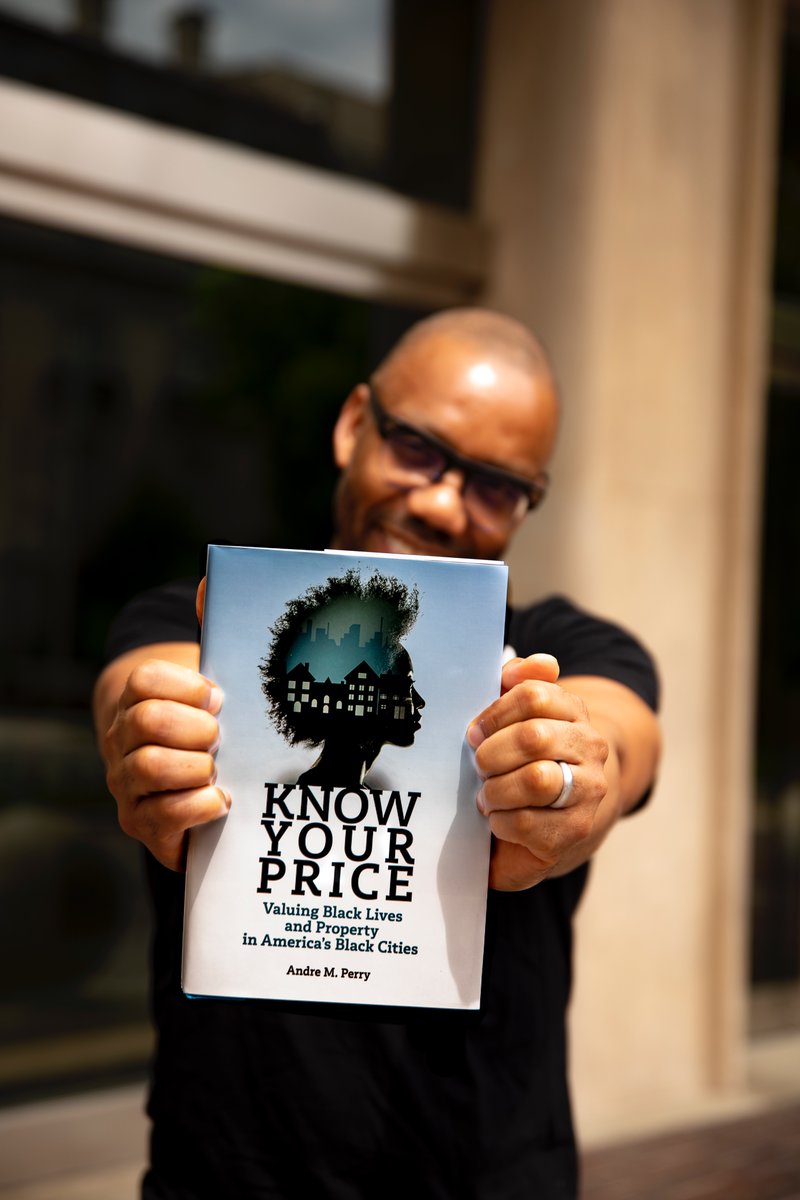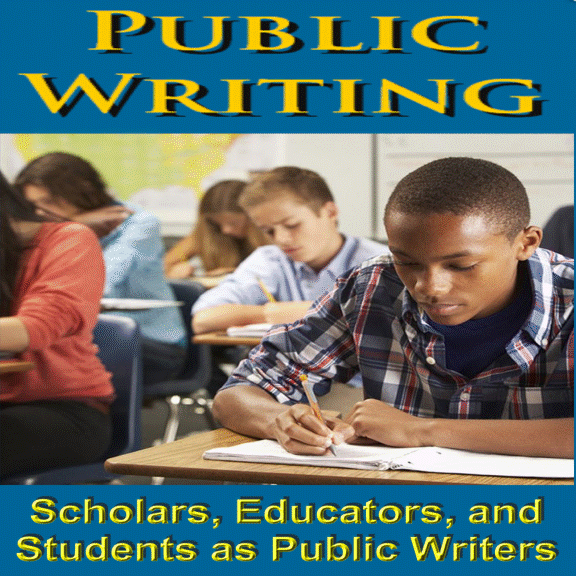SSPI Announces Tool for Assessing Student Learning - Year 2020 (CA Dept of Education)
State Superintendent Tony Thurmond Announces Implementation Tool for Assessing Student Learning

SACRAMENTO—State Superintendent Tony Thurmond announced today that the California Department of Education (CDE) has released a new implementation tool on diagnostic and formative assessments as a resource for schools. Being able to identify where students are in their learning within key content areas when they return to school would support educators moving forward as they teach students who missed months of in-class instruction.
The new document—titled “Implementation Tool: Guidance on Diagnostic and Formative Assessments”—offers many tools and strategies for taking a snapshot of students’ learning, but none of the assessments are required.
“Due to the school closures resulting from the COVID-19 pandemic, we all have concerns about learning gaps and share educators’ desires to have useful diagnostic assessments when students return,” Thurmond said. “This has especially impacted our most disadvantaged and vulnerable students, many of whom lack access to the technology needed for distance learning. Our set of resources offers multiple ways to measure a student’s learning without exacerbating the trauma they have experienced in recent months, while providing tools educators need to accelerate learning.”
"As they create a safe and welcoming environment, it will be important for schools to take stock of students’ social, emotional, and academic needs when students return to school,” said Linda Darling-Hammond, President of the California State Board of Education and of the Learning Policy Institute. “California has an already-approved list of diagnostic and formative assessment tools that are aligned with our state standards and connected to instructional supports that can help teachers adjust instruction to meet student needs in the fall and throughout the year."
This document describes how LEAs can use California’s approved assessments to evaluate where students are academically at the start of and throughout the school year. In addition to providing summative assessments for English language arts/literacy (ELA), mathematics, science, and English language proficiency, the California Assessment of Student Performance and Progress (CAASPP) and the English Language Proficiency Assessments for California (ELPAC), assessment programs also provide important resource tools for teachers that are aligned with California standards.
These assessment tools include:
- Smarter Balanced assessment system, developed by the Smarter Balanced Assessment Consortium
 , which is freely available to all public school districts, schools, and teachers in California, focusing on:
, which is freely available to all public school districts, schools, and teachers in California, focusing on:- Interim assessments, designed to support teaching and learning throughout the school year
- Tools for Teachers
 , a website designed to support classroom-based formative assessment practices
, a website designed to support classroom-based formative assessment practices
- Practice and training tests for CAASPP
 and ELPAC
and ELPAC
- Diagnostic assessments approved for grade two which have the capacity to assess student progress across a longer continuum of performance, typically covering the ELA and mathematics domains in K–8 or K–12.
In addition to assessments, teachers may use multiple measures from various data sources such as district, school, and classroom assessments; narrative report cards; essays; and class projects to determine where students are in their learning and identify areas in which they may need additional support.
The
Implementation Tool: Guidance on Diagnostic and Formative Assessments for LEAs can be found on the CDE website.
# # # #
Tony Thurmond — State Superintendent of Public Instruction
Communications Division, Room 5602, 916-319-0818, Fax 916-319-0100
SSPI Announces Tool for Assessing Student Learning - Year 2020 (CA Dept of Education)

































